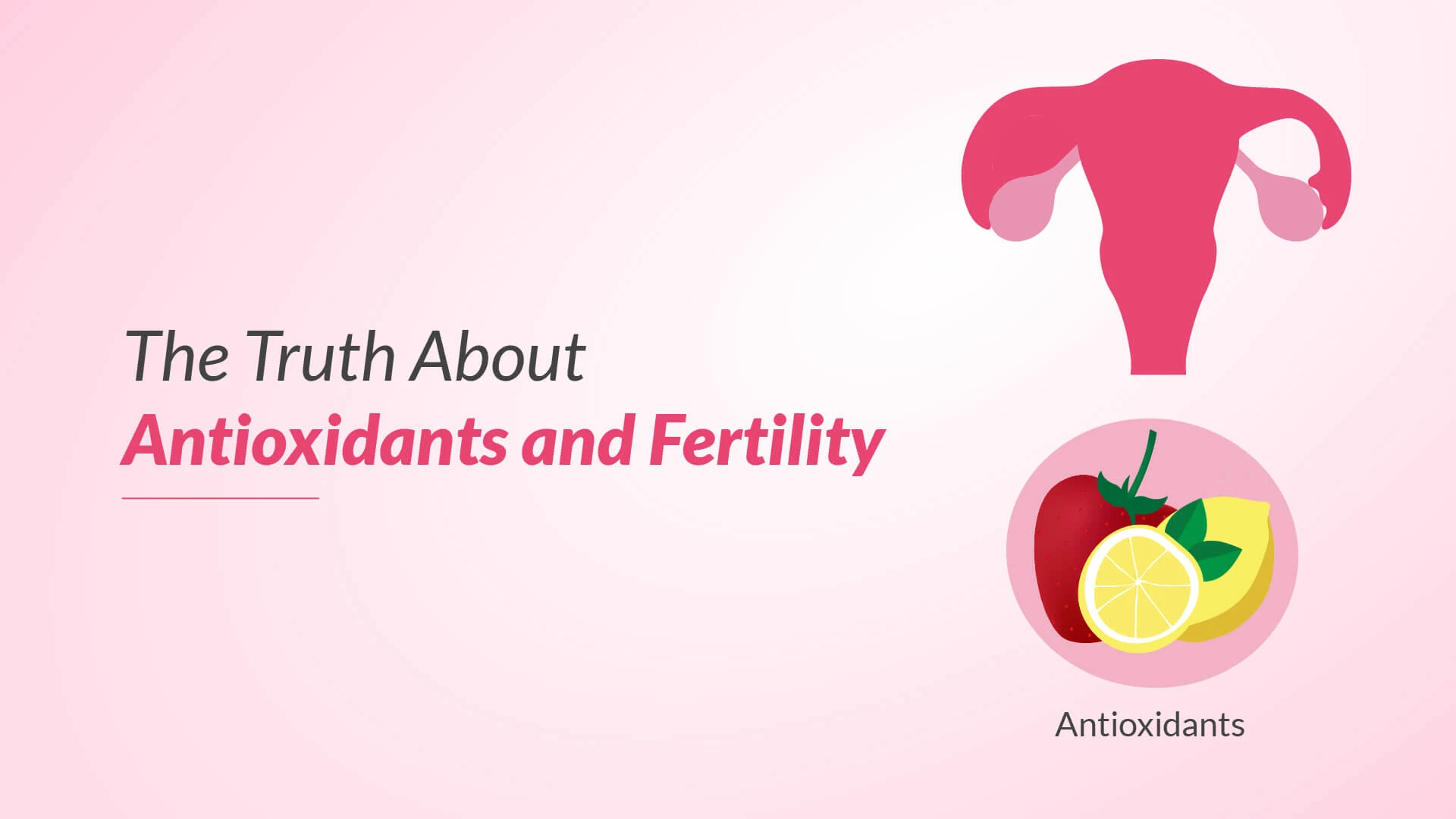Antioxidants are organic compounds that act as a shield against oxidative damage. Plant-based diets contain the majority of antioxidants. These compounds support the body’s natural defense against dangerous free radicals, which are unstable compounds that the body creates in response to external and internal stress.
Also read: IVF at Ferty9: Safety First for Both Embryos and Patients
What Are Antioxidants?
The word “antioxidant” refers to any substance that has the ability to neutralize free radicals, which are unstable chemicals that harm DNA, cell membranes, and other components of cells.
Free radicals are neutralized by antioxidants. They serve as natural “off” buttons for free radicals and are also known as “free-radical scavengers.” This aids in stopping a chain reaction that can harm more molecules within the cells.
Antioxidants can originate from artificial or natural sources. Certain antioxidants, referred to as endogenous antioxidants, are also produced by the body. It’s believed that several plant-based diets are high in antioxidants.
Suggested Read: How IVF Have Brought Joy to Grieving Parents
What is Oxidative Stress?
It is described as an imbalance between the generation of reactive oxygen species (free radicals) and antioxidant defenses. Free radicals are chemicals that the body may make on its own or that may emerge from exposure to various substances, such as tobacco smoke, x-rays, stress, air pollution, and more. An excessive amount of free radicals within the body can cause damage to cells and perhaps to tissue. Infertility or subfertility, aging, and chronic diseases are all influenced by oxidative stress.
Link Between Antioxidants and Fertility
Every day, your body comes into contact with fertility-harming chemicals known as reactive oxygen species. Your body produces free radicals naturally because they are necessary for many physiological functions. However, a situation known as oxidative stress brought on by an overabundance of free radicals has a detrimental effect on male and female fertility.
How Antioxidants May Improve Sperm Quality in Men?
Sperm quality, particularly its shape and motility, is still impacted by ROS and oxidative damage. Additionally, oxidative stress can lead to DNA mutations and breaks, which increase the fragmentation of sperm DNA. This might affect the viability of any ensuing embryo and cause problems with fertilization. Improvements in sperm motility, concentration, and antioxidant qualities that lessen sperm DNA damage have been demonstrated, with particular emphasis on CoQ10 in male infertility. Other antioxidants, including vitamin E, NAC, and L-carnitine, are frequently utilized.
Role of Antioxidants in Supporting Egg Health in Women
Low ovarian reserve, endometriosis, and polycystic ovary syndrome (PCOS) are among the hormonal conditions linked to increased oxidative stress and subfertility. Antioxidants can enhance the quality of eggs and, consequently, the quality of embryos, leading to a higher fertilization rate, particularly as we age and in situations where oxidative stress is elevated (such as endometriosis). CoQ10 has been demonstrated in studies to enhance the quality of eggs and embryos, restore mitochondrial function, and lessen DNA problems in women over 38. To enhance the quality of eggs and the success of IVF procedures, CoQ10 supplementation (e.g., administering CoQ10 and hCG injection at the same time) may be necessary.
Limitations of Antioxidants in Treating Underlying Fertility Problems
When attempting to conceive, especially as we age, the importance of antioxidant supplements in fertility is a crucial factor that might significantly alter the results. However, there are certain limitations. For example, studies using antioxidant combo supplements during infertility treatment have not demonstrated an increase in the likelihood of conception or live births. One of the main drawbacks of antioxidant therapy for treating male infertility is its inability to treat inflammation and OS at the same time, which are two of the fundamental causes of male infertility. Inappropriate antioxidant therapies may cause metabolic disturbances that impair men’s reproductive competence and embryonic development.
Can Antioxidants Increase Fertility?
Studies reveal that reduced seminal antioxidant capability and oxidative stress account for between 30 and 80 percent of instances of infertility. Reducing free radicals and raising semen parameters by including antioxidants in your diet and vitamin regimen may improve reproductive outcomes. Men who use antioxidant supplements had better sperm DNA fragmentation, live birth rates, and clinical pregnancy rates. The live birth rate of couples receiving fertility therapy has also been demonstrated to be enhanced by antioxidants, and there is clear evidence linking CoQ10 to higher pregnancy rates.
How to Incorporate Antioxidants into Your Diet?
It is estimated that hundreds, if not thousands, of different compounds have antioxidant properties. Each performs a specific function and can collaborate with others to support the body’s optimal function. Fruits and vegetables are among the numerous foods that contain antioxidants. They are available as dietary supplements as well. Antioxidants can be included in a diet as,
- Vitamins A, C, D, and E
- Lutein
- Folate
- Selenium
- Zinc
- CoQ10
- Myo-inositol
- Melatonin
- Carotenoids (beta-carotene and lycopene)
Studies have shown that CoQ10 is the most promising antioxidant related to male and female reproductive health, improving sperm and egg health as well as live birth rates.
Also read: Top Organic Foods which Support Fertility
Consulting with a Fertility Specialist
It’s crucial to speak with a fertility professional before using an antioxidant supplement to increase conception. Determining the reason for infertility and prescribing antioxidants according to the need are crucial. In certain situations, high-dose antioxidant supplements could be hazardous.
Find Hope and Solutions for Female Infertility and Male Infertility — Explore Our Comprehensive Services
IVF Treatment
IUI Treatment
ICSI Treatment
PICSI Treatment
Fertility Preservation Service
Blastocyst Culture & Transfer Treatment
Genetic Screening & Testing
Conclusion
Oxidative stress has been shown to be a significant risk factor for successful fertilization, successful implantation, and viable embryos. Antioxidants are organic compounds that protect the body from oxidative damage. Antioxidant supplementation could improve both male and female fertility issues, leading to a successful pregnancy.




























